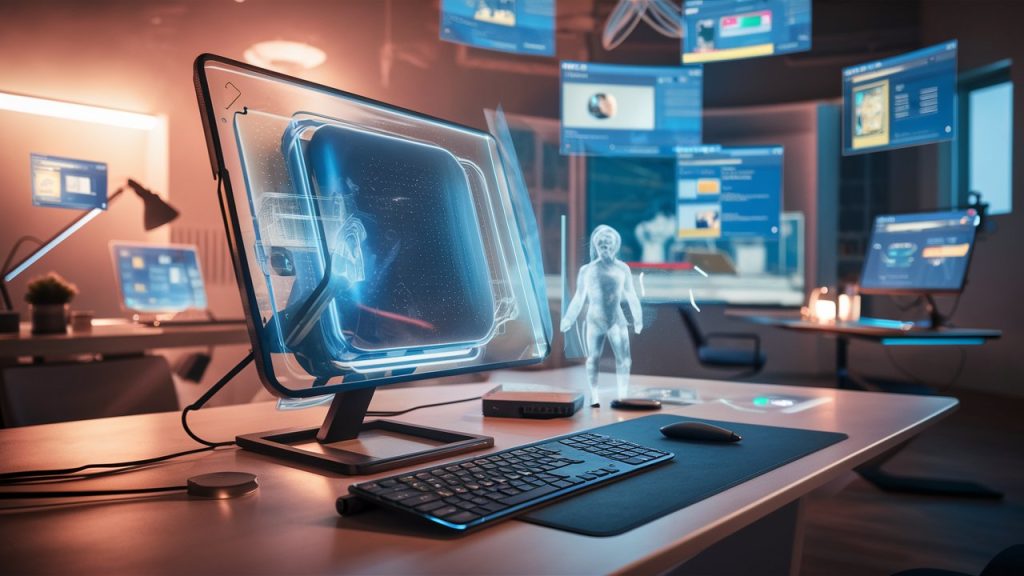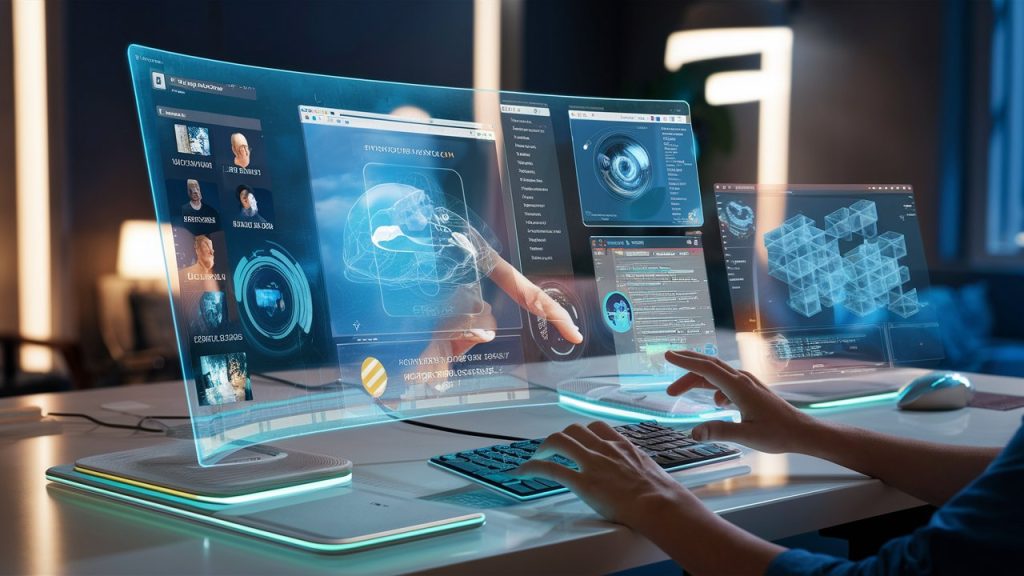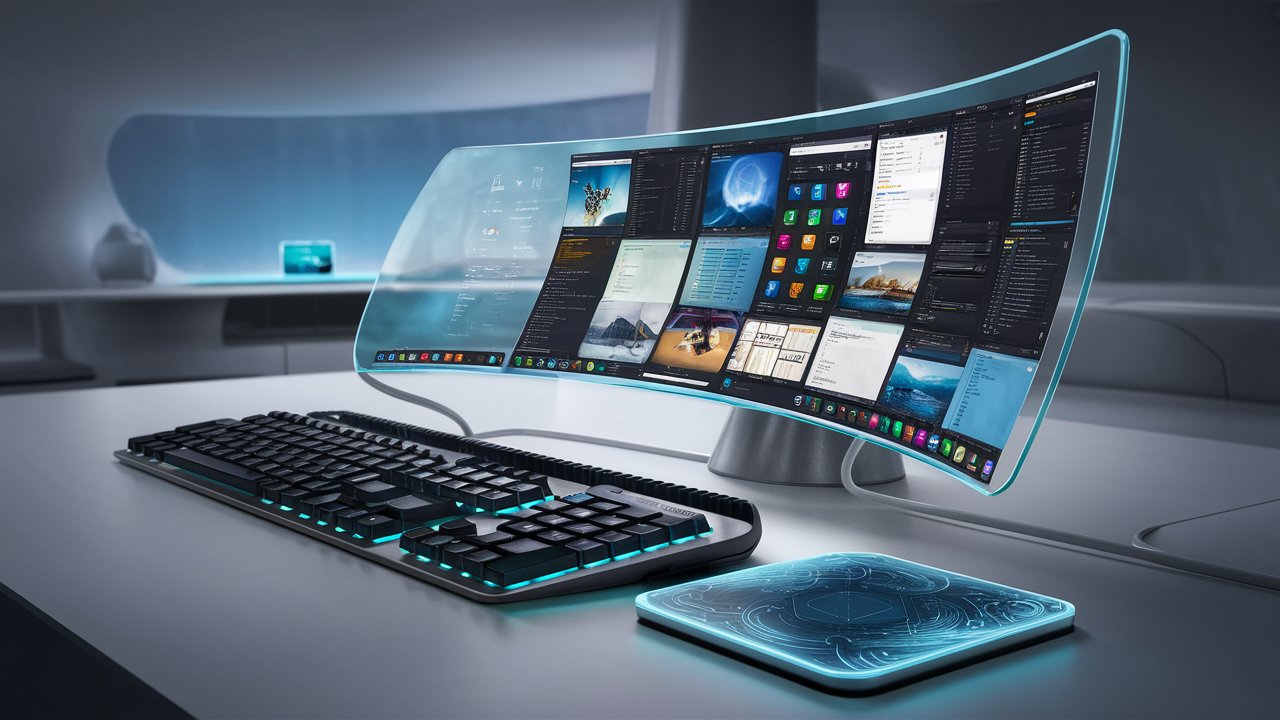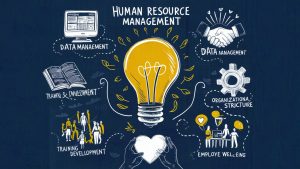Table of Contents
Personal computing has evolved dramatically over the past few decades, transforming how we interact with technology. Initially, computers were massive, room-sized machines reserved for large institutions. However, the advent of personal computing brought this powerful technology into homes and offices, making it accessible to the average individual. Consequently, our daily routines, professional tasks, and even recreational activities have been revolutionized.
The History and Evolution of Personal Computing
To begin with, the history of personal computing is a fascinating journey. It all started in the 1970s when companies like Apple and IBM introduced the first personal computers (PCs). For instance, the Apple II and the IBM PC were groundbreaking, setting the stage for a technological revolution. Additionally, the development of user-friendly operating systems like Microsoft Windows further popularized personal computing. Over time, PCs became more powerful, compact, and affordable, thus making them indispensable tools for everyday use.

Impact on Daily Life
Moreover, has significantly impacted various aspects of our lives. In the realm of communication, for example, emails and instant messaging have replaced traditional letters and phone calls. As a result, we can now connect with anyone, anywhere, at any time. Furthermore, personal computers have revolutionized the workplace. Offices now rely heavily on PCs for tasks ranging from document creation to complex data analysis. This shift has not only increased productivity but also enabled remote work, thus offering flexibility to employees.
Educational Transformation Personal Computing
Additionally, the educational sector has benefited immensely from personal computing. With the advent of educational software and online learning platforms, students can access a wealth of information and resources. Consequently, learning has become more interactive and engaging. For instance, virtual classrooms and online courses have made education more accessible to people around the globe. This democratization of knowledge is one of the most significant achievements of.
Entertainment and Media
Furthermore, personal computing has transformed how we consume entertainment and media. Gone are the days when we relied solely on television and radio for entertainment. Nowadays, PCs enable us to stream movies, play video games, and even create our own content. As a result, the entertainment industry has seen a massive shift towards digital platforms. Moreover, social media, powered by personal computing, has changed how we interact with media and each other. We can now share our thoughts, experiences, and creative works with a global audience.
Future Prospects

Looking ahead, the future of promises even more exciting developments. With the rise of artificial intelligence (AI) and machine learning, personal computers are becoming smarter and more intuitive. For example, AI-powered assistants like Siri and Cortana can perform tasks based on voice commands, thus making our interactions with computers more natural. Additionally, advancements in hardware, such as quantum computing, are set to revolutionize the field, offering unprecedented processing power and speed.
Conclusion
In conclusion, personal computing has undoubtedly transformed our world in myriad ways. From communication and education to entertainment and work, the impact of personal computing is profound and far-reaching. As technology continues to advance, we can only anticipate even more innovative and transformative changes. Therefore, embracing and understanding personal computing is essential for navigating the future Importance of HRM.


